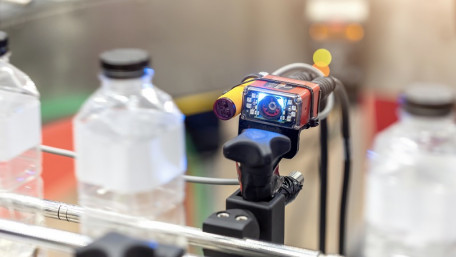
Several use cases for industrial AI get a lot of attention, like maintenance and process optimization. Learn how AI has been used for years to ensure…
Several use cases for industrial AI get a lot of attention, like maintenance and process optimization. Learn how AI has been used for years to ensure high-quality product monitoring and output.

Predicting when maintenance should occur isn’t simply a matter of getting on board with the latest trend, it can save…
Predicting when maintenance should occur isn’t simply a matter of getting on board with the latest trend, it can save many thousands of dollars in lost downtime and unnecessary parts and labor.

Ensure efficient and safe industrial applications with proper valve sizing. Learn how to choose the right valve size and…
Ensure efficient and safe industrial applications with proper valve sizing. Learn how to choose the right valve size and avoid common pitfalls.
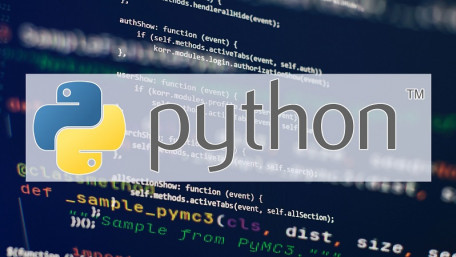
Learn how to use ‘for loops’ in Python to create complex, iterable tasks such as modifying lists, combining lists…
Learn how to use ‘for loops’ in Python to create complex, iterable tasks such as modifying lists, combining lists into dictionaries, or iterating over a dictionary.
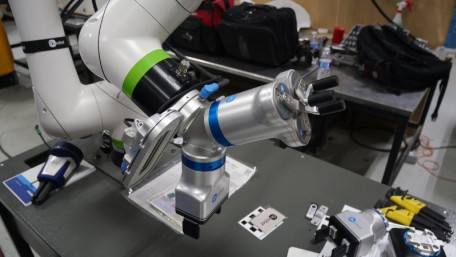
Join Control Automation as we visit Central CA colleges to help install robotic equipment and learn how local industries…
Join Control Automation as we visit Central CA colleges to help install robotic equipment and learn how local industries partner with schools to create exciting opportunities for students.

An age-old debate in PLC programming: investigating the uses and caveats of latching software commands versus seal-in…
An age-old debate in PLC programming: investigating the uses and caveats of latching software commands versus seal-in ladder logic for industrial control applications.

The next part of our Python learning journey will touch upon control flow, critical to implementing logic in programs.…
The next part of our Python learning journey will touch upon control flow, critical to implementing logic in programs. The concept is broad and the first topic to cover will be if/elif statements.

It's important to keep your system up and running without regular intervention. While every system requires maintenance,…
It's important to keep your system up and running without regular intervention. While every system requires maintenance, never overlook the critical importance of tools and training for the operators.

As we approach the conclusion of Python data structures, we’ll examine the tuple. Used less frequently than lists and…
As we approach the conclusion of Python data structures, we’ll examine the tuple. Used less frequently than lists and dictionaries, tuples do serve some handy use cases where immutability is a critical requirement.
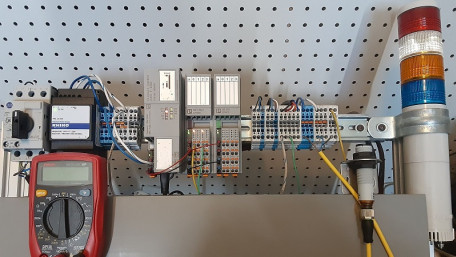
Learn how to get started with Phoenix Contact’s PLCnext and Engineer software, a platform that ultimately provides a…
Learn how to get started with Phoenix Contact’s PLCnext and Engineer software, a platform that ultimately provides a PLC environment for plant control as well as an OS for more advanced IIoT projects.
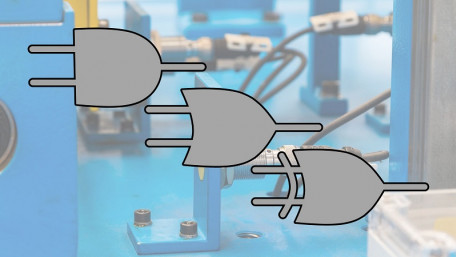
Sensor networks with built-in logic functions can save cost and program execution speed, but what are those various logic…
Sensor networks with built-in logic functions can save cost and program execution speed, but what are those various logic functions, and when might they be preferred over normal PLC ladder logic?
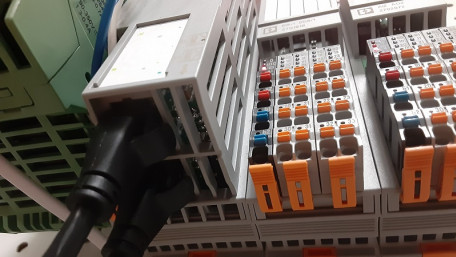
Every automated cell requires a ‘brain’ in order to achieve the required tasks. How do you determine the necessary…
Every automated cell requires a ‘brain’ in order to achieve the required tasks. How do you determine the necessary I/O, communication protocols, and processor necessary for controlling your system?

Learn how to write a ladder logic program to assign a string value to a data register and share that register with any…
Learn how to write a ladder logic program to assign a string value to a data register and share that register with any HMI compatible with Mitsubishi’s MELSEC PLC series.

This section will dive into the world of data structures used within the Python programming environment, starting with…
This section will dive into the world of data structures used within the Python programming environment, starting with one of the more commonly used structures called ‘lists.’
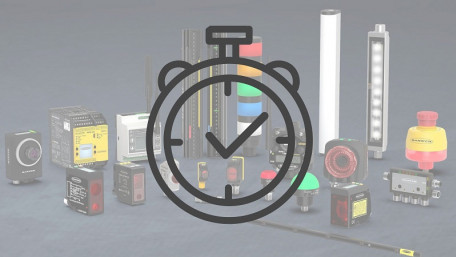
Sensors with timer functions advance modern automation systems, enhancing the precision and flexibility of in-process…
Sensors with timer functions advance modern automation systems, enhancing the precision and flexibility of in-process controls to ease the strict requirement for an external, clock-based logic CPU.

This article will focus on the basic building blocks of the Python programming language that are core to interacting with…
This article will focus on the basic building blocks of the Python programming language that are core to interacting with programs, including strings, integers, floats, and booleans.

Learn how to use GT Designer 3 to create an interactive control system on Mitsubishi HMIs. With practical examples of…
Learn how to use GT Designer 3 to create an interactive control system on Mitsubishi HMIs. With practical examples of simple on/off bits, gain some understanding of HMI designing and programming.
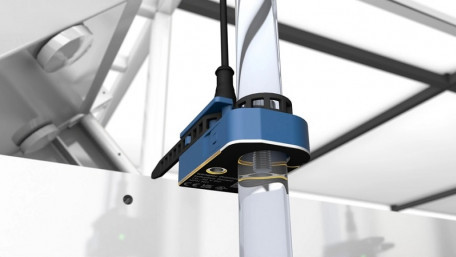
Detecting objects is the first field-level task that must be considered before any feedback-based control can happen.…
Detecting objects is the first field-level task that must be considered before any feedback-based control can happen. Choosing from among the nearly unlimited proximity sensors can be challenging!
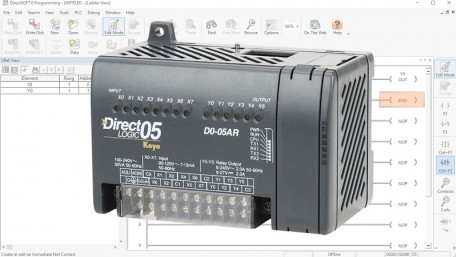
Learn how to use DirectSOFT6 to program discrete I/O functions in a Koyo DirectLOGIC PLC. Although these PLCs are older,…
Learn how to use DirectSOFT6 to program discrete I/O functions in a Koyo DirectLOGIC PLC. Although these PLCs are older, they are found in many existing automation installations.
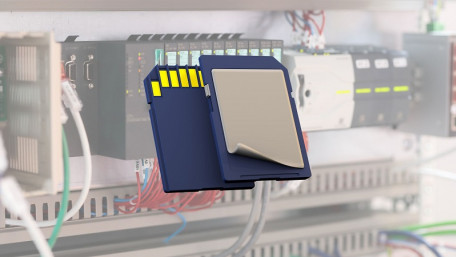
There are a few options when it comes to tracking part data throughout a process or assembly of a machine. Follow along…
There are a few options when it comes to tracking part data throughout a process or assembly of a machine. Follow along as we explain just a few of the more common methods.
